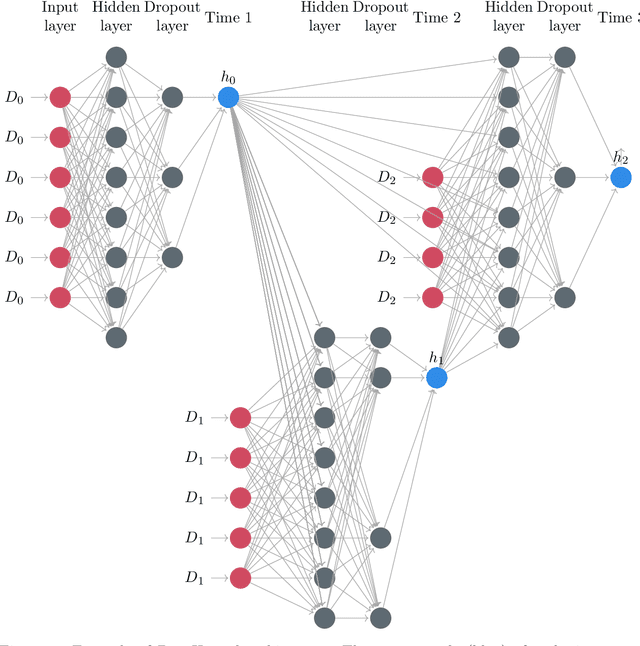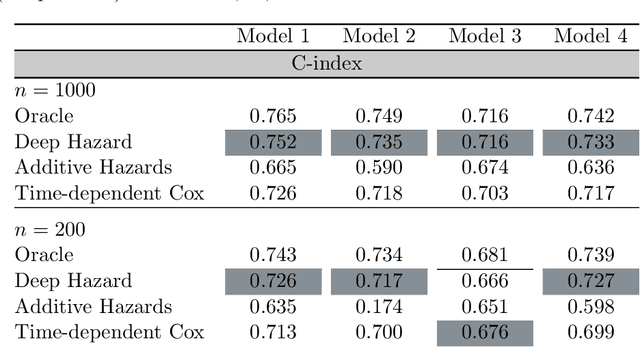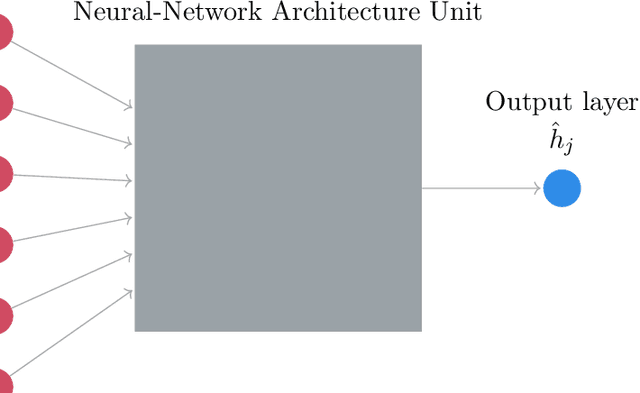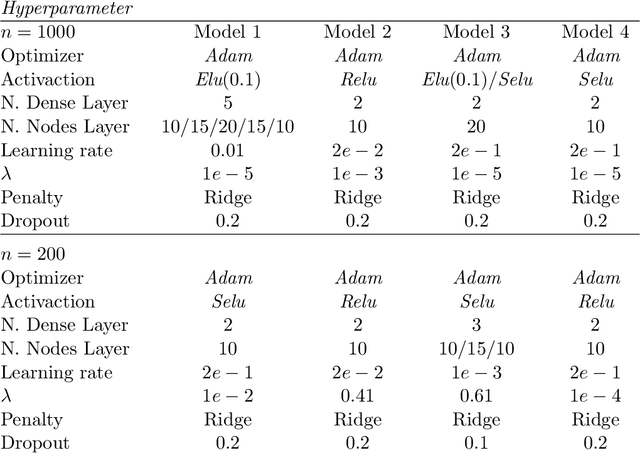Denise Rava
DeepHazard: neural network for time-varying risks
Jul 26, 2020



Abstract:Prognostic models in survival analysis are aimed at understanding the relationship between patients' covariates and the distribution of survival time. Traditionally, semi-parametric models, such as the Cox model, have been assumed. These often rely on strong proportionality assumptions of the hazard that might be violated in practice. Moreover, they do not often include covariate information updated over time. We propose a new flexible method for survival prediction: DeepHazard, a neural network for time-varying risks. Our approach is tailored for a wide range of continuous hazards forms, with the only restriction of being additive in time. A flexible implementation, allowing different optimization methods, along with any norm penalty, is developed. Numerical examples illustrate that our approach outperforms existing state-of-the-art methodology in terms of predictive capability evaluated through the C-index metric. The same is revealed on the popular real datasets as METABRIC, GBSG, and ACTG.
 Add to Chrome
Add to Chrome Add to Firefox
Add to Firefox Add to Edge
Add to Edge